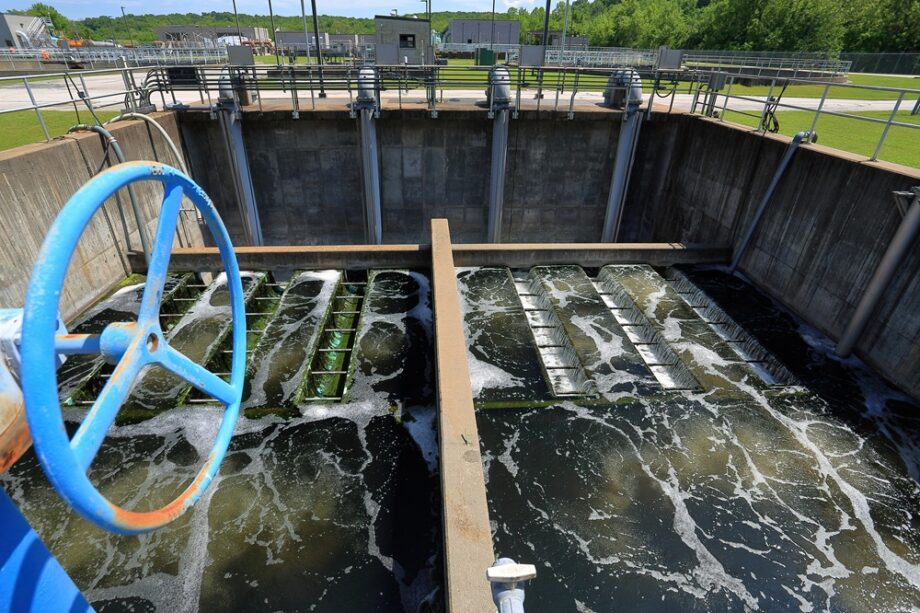National News Roundup – April 2, 2025

TX City Plans to Recycle Wastewater for Drinking
El Paso on track to be first direct-to-distribution reuse facility in US.
Parched El Paso, Texas, is a desert town that gets less than nine inches of rain a year. Moreover, the last two years in El Paso have been the hottest in recorded history. El Paso is doing what other U.S. cities may be forced to do amid enduring drought conditions.
At the end of February, the El Paso Water Department broke ground on a project to secure water for the city of 700,000: an advanced water purification facility will deliver 10 million gallons per day of processed water from the city’s wastewater stream directly into its drinking water supply.
El Paso’s Pure Water Center, which will go online by 2028, is the first direct-to-distribution reuse facility in the country.
Treating wastewater for reuse as drinking water has long been controversial. But as technology has advanced and water resources dwindle, more cities are exploring direct reuse. Other Texas communities are either moving forward with plans for treatment plants or have studies underway on the best way to do so. Arizona cities Phoenix and Tucson are expected to follow suit. The states of Colorado and California recently adopted rules to regulate sewage recycling technology in anticipation of demand for more wastewater-to-drinking-water plants.
The El Paso system requires an online monitoring system with alarms and automatic shut-down capability. The utility will also work to educate residents and businesses in El Paso to discourage them from putting chemicals and pharmaceuticals down the drain. Officials acknowledge that unwanted material will inevitably enter the sewer system, so the treatment process is designed to remove these potential contaminants.
Environmental advocates have raised concerns about new, chemically exotic contaminants in the supposedly purified water, like per- and polyfluoroalkyl substances (PFAS), which aren’t yet regulated in drinking water. The environmental nonprofit Food and Water Watch warns that “it’s impossible to monitor every potential toxin in a direct potable reuse system.” A growing number of water-starved communities have decided to take the risk.
The first direct potable reuse plant in the world opened in 1968 in Namibia, southern Africa’s driest country. The technology is poised to grow in the United States as southwestern states contend with aridification and growing populations. As the sewage-to-potable technology has moved forward, the federal government has relied on states to regulate direct potable reuse.
(Sources: Climate News, Governing)
VA County Uses Tech to Reduce Landfill Traffic
Driver’s license scans aim to restrict unauthorized access to facility.
Traffic jams on freeways and highways are a familiar experience, but congestion at a county landfill may seem unexpected. Nevertheless, demand is such a problem in Prince William County, Virginia, that county officials are demanding residency identification verification to reduce wait times at the county’s landfill and compost facility.
Several cities are not participants in the county’s landfill fee program, but some residents of those cities have been helping themselves to “free” landfill use, creating traffic jams as they crowd legitimate county users of the disposal site.
The new driver’s license scanning technology will determine if a resident is from one of the non-participating towns or cities. The system will replace manual, visual ID checks with secure scanning technology to verify Prince William County residency.
The county says the driver’s license-scanning technology will not store personal data.
(Sources: Patch, Prince William Times)
Contact Us for More Information
The above news items are provided for informational purposes and are not intended to reflect MMRMA opinions, coverage, or risk management recommendations.
Please contact Membership Services if you have specific risk control questions or concerns.